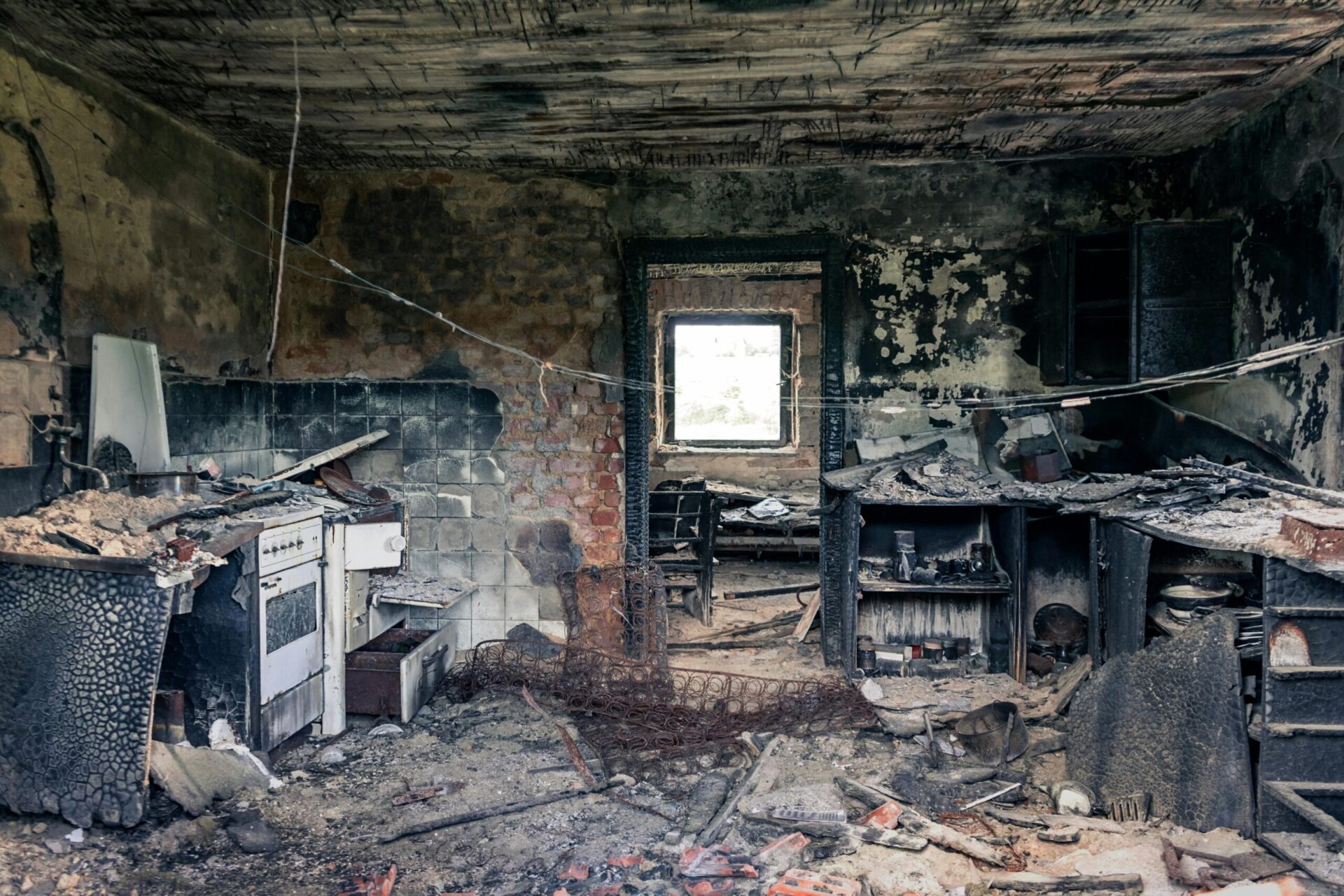Homeownership is a significant milestone in many people’s lives, representing not only financial stability but also a place of comfort and security. However, owning a home also comes with responsibilities and potential risks. One crucial aspect of responsible homeownership is securing adequate homeowners insurance.
Understanding Homeowners Insurance
What is Homeowners Insurance?
Homeowners insurance is a financial safeguard that provides protection for your home and personal belongings against various perils, such as fire, theft, vandalism, and natural disasters. It is a contract between you and an insurance company, where you pay regular premiums in exchange for coverage in case of unexpected events that could damage or destroy your home.
Types of Homeowners Insurance Policies
There are several types of homeowners insurance policies available, each offering different levels of coverage. The most common types include:
HO-3 Policy: This is the most widely used homeowners insurance policy, covering your home’s structure and personal belongings against a broad range of perils. It typically includes liability coverage as well.
HO-4 Policy (Renter’s Insurance): Designed for renters, this policy covers personal belongings and liability but does not include coverage for the structure of the building.
HO-6 Policy (Condo Insurance): Tailored for condominium owners, this policy covers personal property, liability, and improvements to the interior of the unit.
How Much Should a Homeowner Pay for Insurance?
Factors Influencing Homeowners Insurance Costs
The cost of homeowners insurance can vary significantly depending on several factors, including:
- Location: The location of your home plays a crucial role in determining insurance costs. Homes in areas prone to natural disasters, such as hurricanes, earthquakes, or wildfires, typically have higher premiums.
- Home Value: The value of your home, along with its age and construction materials, affects insurance costs. More expensive homes and older structures may have higher premiums.
- Deductible: The deductible is the amount you must pay out of pocket before your insurance coverage kicks in. Higher deductibles usually lead to lower premiums but require more significant upfront expenses in the event of a claim.
- Coverage Limits: The amount of coverage you choose for your home and personal belongings can impact the cost of your insurance. Higher coverage limits result in higher premiums.
- Personal Factors: Your personal factors, such as credit score, claims history, and occupation, can also affect your insurance rates.
Calculating Adequate Coverage
Determining the right amount of coverage for your homeowners insurance is crucial to ensure you are adequately protected without overpaying. Consider the following when calculating coverage:
Replacement Cost vs. Actual Cash Value: You can choose between policies that cover the replacement cost of your belongings or their actual cash value. Replacement cost coverage is usually recommended, as it provides funds to replace items at their current market value.
Home Inventory: Creating a detailed inventory of your personal belongings can help you estimate the coverage you need accurately. Include item descriptions, purchase prices, and photographs.
Liability Coverage: Ensure you have sufficient liability coverage to protect your assets in case someone is injured on your property and sues you.
When Homeowners Insurance Comes in Handy
Protection for Your Home
The primary purpose of homeowners insurance is to protect your home against unforeseen events that could cause damage or destruction. Some common scenarios where homeowners insurance comes in handy include:
- Fire: If your home is damaged or destroyed by a fire, homeowners insurance can cover the cost of repairs or reconstruction.
- Theft and Vandalism: Homeowners insurance can reimburse you for stolen or damaged property due to theft or vandalism.
- Natural Disasters: Depending on your policy and location, homeowners insurance can provide coverage for damage caused by hurricanes, tornadoes, earthquakes, floods, and more.
The Necessity of Always Having Insurance
Legal Requirements and Lender Mandates
In some cases, homeowners insurance is not just a choice but a legal requirement or a condition set by mortgage lenders. Here’s why it is often necessary:
- Mortgage Lender Requirement: If you have a mortgage on your home, your lender will typically require you to maintain homeowners insurance. This is because the lender has a financial interest in the property and wants to protect their investment.
- Legal Requirements: Some states or local jurisdictions may have laws that mandate homeowners insurance coverage, especially in areas prone to specific hazards like earthquakes or floods.
Homeowners insurance is an essential component of responsible homeownership. It offers protection for your home, personal belongings, and financial well-being, and it is often required by mortgage lenders and local laws. To determine how much homeowners insurance you need, consider factors such as your location, home value, deductible, and personal circumstances. By investing in the right coverage, you can ensure that your home remains a place of comfort and security, even in the face of unexpected events. Always remember that preparation and protection are key to safeguarding your home and your future.


